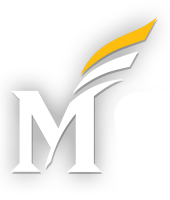Many articles and books have been published on best practices for language description, documentation, revitalization, and related topics (see e.g. the Textbooks and Handbooks section, and the resources listed in the Bibliographies). Below is a short-and-sweet set of takeaways to keep in mind when undertaking such projects.
Plan it
- Plan your work thoroughly
- Be prepared: previous work, culture, mental and physical health needs
- Center ethical practice
- Center the community’s needs and desires
Do it
- Work with community members
- Their needs should lead
- Train community members when this is desired by the community
- Build relationships in the community and with other researchers
- Be responsive and adaptable
- Be patient and caring
- Communicate regularly and with all involved
- Gather data well and responsibly
- Diverse data (source, means of collection, medium)
- High quality data (physically and in terms of how they answer your questions)
- Emphasize quality over quantity
Make it last
- Publish for the speakers, publish for the future
- Make your research reproducible and transparent
- How were the data gathered, from whom, where is it stored
- Archive your data in a dedicated archive
- Faculty: Train your students in best practices
